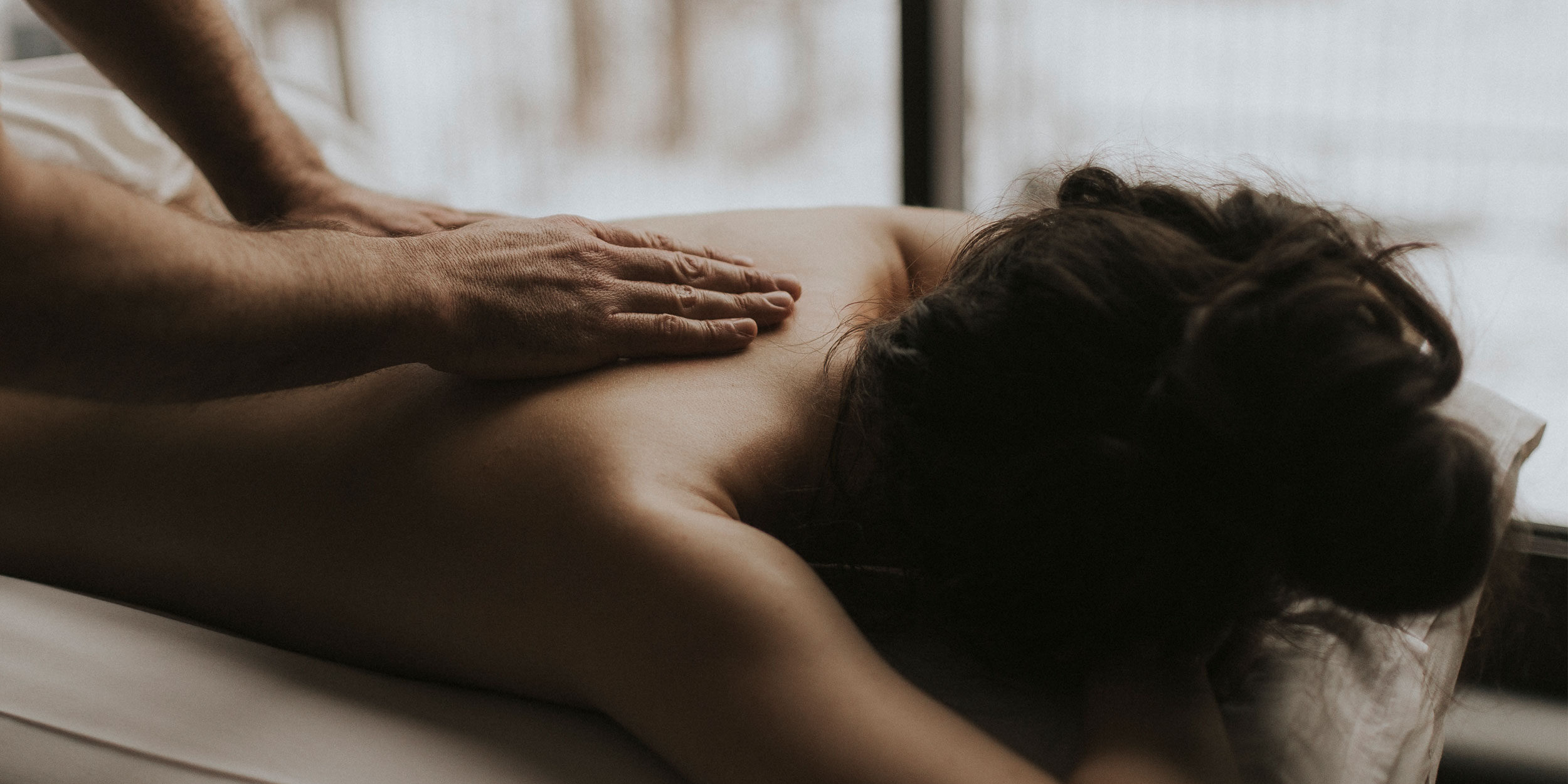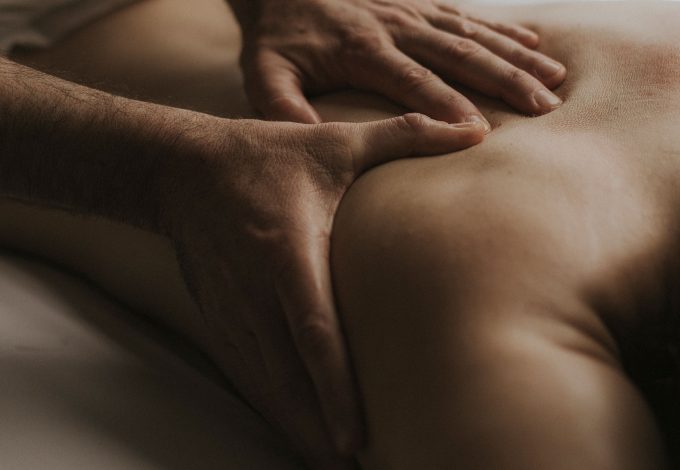When autumn and winter arrive, we sometimes feel more tired or at least a lack of energy. As natural light becomes rarer with the days getting shorter and nature falls asleep quietly, we maintain a frenetic pace of life that is not in tune with the seasons.
A lack of energy can manifest itself, among other things, through irritability and sensitivity, a weakened immune system, decreased memory capacity and headaches. These symptoms can be consequences of lack of sleep, stress or body exhaustion.
Causes of fatigue
Several causes lead to fatigue, such as the lifestyle (lack of sleep, lack of physical activity, poor nutrition, inadequate breathing), psychological conditions (depression, anxiety, stress), sleep disorder, bacterial or viral infections, anemia. It is important to listen to the signs sent by our body in order to not accumulate more fatigue and to find a way to relax.
An exhausted body in battle mode
Fatigue is also one of the symptoms associated with chronic stress. Hans Selye was one of the first to say that the brain does not distinguish between psychological stress and a real threat to life. Under the effect of stress, it keeps our bodies alert so that we can either fight or flee. However, asking our body to fight fatigue requires a great deal of energy, sometimes to the point of depleting our reserves. This fatigue often leads to muscle cramps, digestive disorders, headaches and migraines.
Massotherapy to energize the body
In his literature study on massotherapy, Dr. Pierre Arsenault noted that massotherapy can alleviate the symptoms of a number of medical conditions, including chronic fatigue. By stimulating the system, massotherapy promotes the production of endorphins. These hormones provide a state of deep relaxation that can help reduce the effects of stress on the body, re-establish restorative sleep and promote an increased breathing frequency. In addition, a massage allows for better blood circulation in the body. As a result, the oxygen supply to the cells is more significant, which in return brings more energy to the body.
Massotherapy offers several techniques that can help to overcome fatigue. Take the time and talk with your massage therapist in order to find the approach that is right for you and your specific needs.
Tips to minimize seasonal fatigue
1 | Get enough sleep
To promote a restful sleep, try to go to bed at the same time every night and avoid checking your screens before bedtime. The light that they emit slows down the production of melatonin, the sleep hormone.
2 | Avoid stimulants
Avoid drinking tea or coffee in the afternoon or evening. The effects of stimulants can be felt in the body long after the consumption and therefore disturb your sleep.
3 | Stay active
Keep moving. Physical activity improves blood circulation and provides energy to your body.
4 | Enjoy the sunshine
Take the time to go outside to enjoy the sunshine. Dress warmly and fill up with vitamin D. Use this opportunity to get a dose of fresh air with a few deep breaths.





